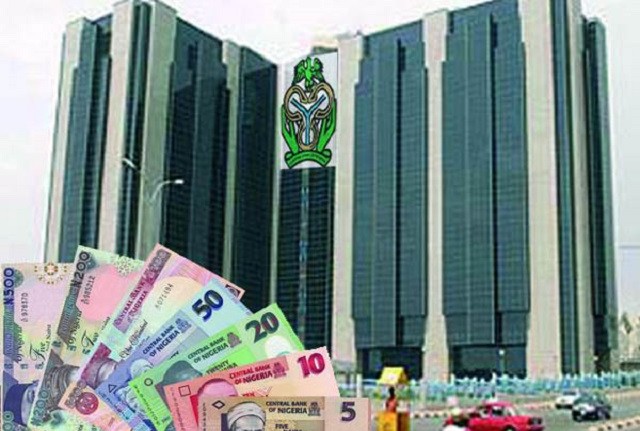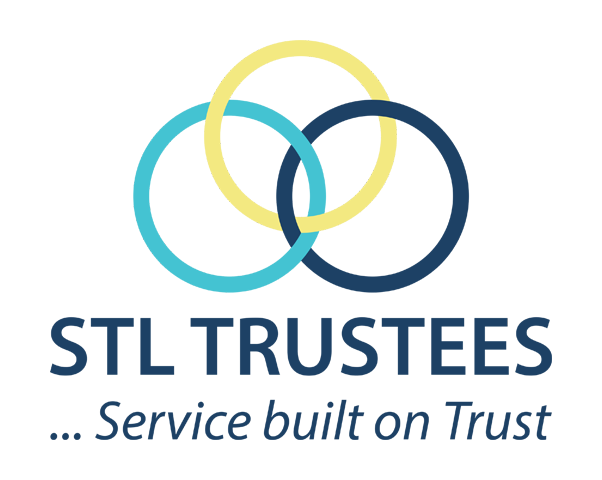While you were away!
CBN SELLS 3.6 BILLION NAIRA IN FIRST NAIRA – YUAN EXCHANGE
 The Central Bank of Nigeria (CBN) has announced that its maiden auction of the Chinese currency under a swap deal with the Peoples Bank of China (PBOC) has been estimated at N3.6 billion.
The Central Bank of Nigeria (CBN) has announced that its maiden auction of the Chinese currency under a swap deal with the Peoples Bank of China (PBOC) has been estimated at N3.6 billion.
According to the Acting Director in charge of Corporate Communications at the CBN, Isaac Okorafor, the apex bank sold 69 million Chinese Yuan (CNY) to customers seeking foreign exchange in the agricultural and raw material sector, with exchange rates fixed for between N 49 and N 51 per yuan.
Reports also indicate that the exchange rate at the Bureau De Change Market was CNY1 to N 53 which is an equivalent of $1 to N362 basically eliminating any possibility of an arbitrage. The Chinese Yuan exchanges for 6.83 to the dollar.
Okorafor said the Chinese Yuan was made available only to customers with Renminbi-denominated Letters of Credit for agriculture as well as raw materials and machinery, adding that the exercise was conducted through a combination of spot and 15-day tenor.
In May 2018, Nigeria and China had finalised a currency swap between the reserve banks of both countries. The People’s Bank Of China (PBOC) disclosed this in a notice on its website. Governor Godwin Emefiele signed on behalf of the CBN, while Governor Yi Gang signed on behalf of the PBOC.
The size of the swap facility is RMB 15 billion/NGN 720 billion. The agreement is valid for three years and can be extended upon mutual consent.
Prior to the currency swap development, preliminary discussions concerning the swap began in 2011 when then CBN Governor Lamido Sanusi had suggested that Nigeria would hold a small percentage of its reserves in renminbi.
Following President Muhammadu Buhari’s trip to China in 2016, the Industrial and Commercial Bank of China Ltd (ICBC), and the CBN signed a deal on Yuan transactions.
The Naira-Yuan currency swap deal, would not cover the importation of 41 items listed as banned items in CBN’s 2015 circular.
Meanwhile, in the last two decades, bilateral trade between Nigeria and China has grown rapidly, rising from $2.8 billion in 2005 to $14.9 billion in 2015, which is a 430% increase.
In 2015, Nigeria accounted for nearly 8.3% of the total trade volume between China and Africa.
China is Nigeria’s trading partner after the United States, with volumes totaling $9.2 billion in 2017.
CBN MAINTAINS MPR AT 14% CONSIDERS BUYING CORPORATE DEBTS IN EFFORTS TO INJECT LIQUIDITY INTO THE MARKET
 The Central Bank of Nigeria (CBN) concluded its Monetary Policy Meeting on Wednesday 25th July 2018 leaving Monetary Policy Rates at 14% for the second year running. The central bank’s governor, Godwin Emefiele announced that it was leaving MPR at 14%, CRR at 22.5% Liquidity Ratio at 30%.
The Central Bank of Nigeria (CBN) concluded its Monetary Policy Meeting on Wednesday 25th July 2018 leaving Monetary Policy Rates at 14% for the second year running. The central bank’s governor, Godwin Emefiele announced that it was leaving MPR at 14%, CRR at 22.5% Liquidity Ratio at 30%.
In terms of the vote split the 7 members voted to keep rates the same and 2 members, however, voted to increase the MPR by 50 basis points, while one member voted to increase the MPR by 25 basis points.
In a surprise move the CBN Governor Godwin Emefiele encouraged large corporations to “issue commercial paper to meet their credit needs and the Central Bank of Nigeria may, if need be, buy those instruments to complement the efforts of the Deposit Money Banks.”
This decision suggests that the Central Bank is willing to start buying corporate debts in an effort to inject liquidity in the market and put cash on the balance sheet of corporates. The Governor went further in its press briefing indicating that they intend to buy these debts at lower rates.
Just recently, Dangote Group, one of Nigeria’s largest corporate organizations listed its N50 billion Commercial Paper at 13.21%, one of the lowest ever by a private enterprise. Sterling Bank, UACN and Nigeria Breweries have also issued commercial papers this year at yields of about 16%, 14%, and 16% respectively.
The Central Bank Governor also went further. In the policy statement they indicated that “as a way of incentivise deposit money banks to increase lending to the manufacturing and agriculture sectors, a differentiated dynamic cash reserves requirement (CRR)regime would be implemented, to direct cheap long-term bank credit at 9 per cent, with a minimum tenor of seven (7) years and two (2) years moratorium to employment elastic sectors of the Nigerian economy.”
This basically means the CBN will release more of the cash statutorily held on behalf of banks to them provided they are willing to lend the money to select sectors at an interest rate of 9% and a tenor of 7 years.
NIGERIAN GREEN BONDS LISTED ON THE NSE
 The Nigerian Stock Exchange (NSE) on Friday 20th July, listed the FGN N10.69 billion Green Bond on the Exchange, as part of efforts to make Nigeria one of the favoured investment destinations in Africa.
The Nigerian Stock Exchange (NSE) on Friday 20th July, listed the FGN N10.69 billion Green Bond on the Exchange, as part of efforts to make Nigeria one of the favoured investment destinations in Africa.
Nigeria became the first nation to issue a climate bonds certified sovereign green bond, the first African nation to issue a sovereign green bond and the fourth nation in the world to issue after Poland, France, and Fiji.
Green bonds are fixed income, liquid financial instruments used to raise funds dedicated to climate mitigation, adaptation, and other environment-friendly projects. This provides investors with an attractive investment proposition and an opportunity to support environmentally and socially sound projects.
Market analysts had said considering that Nigeria derives more than 90 per cent of its export income from crude oil, the push for green bonds to support initiatives aimed at moderating climate change by investing in solar plants, hydropower and agriculture is particularly noteworthy.
According to market operators, the sovereign green bond represents a new stage in the development of the Nigerian capital markets and opens the way for further corporate issuance and international investment. The NSE is playing a key role in helping to develop this enormous opportunity for Nigeria while fulfilling one of its key objectives as a member of the UN Sustainable Stock Exchange Initiative.
Market operators have called on the government to implement tax incentives to issuers, while grant schemes should also be instituted to address some of the costs of issuing bonds for corporates including independent reviews and project assessment and evaluation.
DOLLAR EXCHANGE RATE REPORT 23rd JULY TO 3rd AUGUST 2018
 This report is a compilation of the dollar exchange rate at the official and parallel market from the 23rd of July to the 3rd of August 2018. The quoted parallel market prices are to serve as a guide to readers, as they represent the average price obtained daily from different black-market dealers in the Country.
This report is a compilation of the dollar exchange rate at the official and parallel market from the 23rd of July to the 3rd of August 2018. The quoted parallel market prices are to serve as a guide to readers, as they represent the average price obtained daily from different black-market dealers in the Country.
| S/N | DATE | CURRENCY | OFFICIAL RATE N | PARALLEL MARKET RATE
N |
|
| BUY | SELL | ||||
| 1. | 03/08/2018 | DOLLAR | 306 | 357 | 360 |
| 2. | 02/08/2018 | DOLLAR | 306 | 357 | 360 |
| 3. | 01/08/2018 | DOLLAR | 306 | 357 | 360 |
| 4. | 31/07/2018 | DOLLAR | 306 | 357 | 360 |
| 5. | 30/07/2018 | DOLLAR | 306 | 357 | 361 |
| 6. | 27/07/2018 | DOLLAR | 306 | 358 | 361 |
| 7. | 26/07/2018 | DOLLAR | 306 | 357 | 361 |
| 8. | 25/07/2018 | DOLLAR | 306 | 357 | 361 |
| 9. | 24/07/2018 | DOLLAR | 306 | 358 | 362 |
| 10. | 23/07/2018 | DOLLAR | 306 | 358 | 362 |



